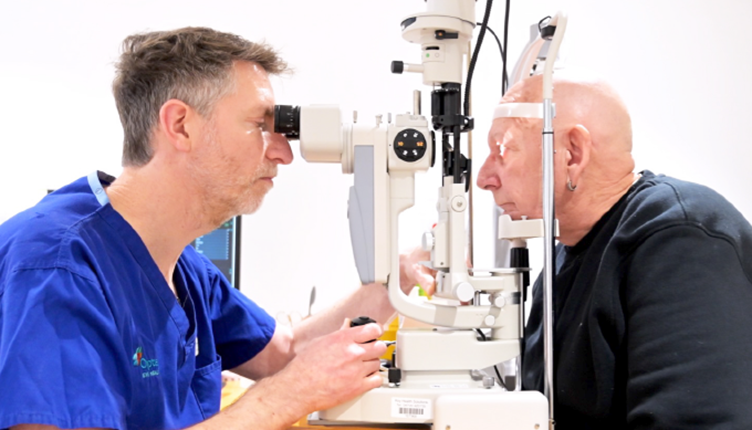You are viewing 1 of your 3 articles before login/registration is required
Taking the Lead
Lorcan Butler on the paths to leadership and accountability in optometric practice.
Like any other profession, the optics industry needs leaders – those who can steer the ship and take accountability for a company’s actions. Here, Lorcan Butler – dispensing optician, optometrist, and Optical Engagement Manager at The Brain Tumour Charity – outlines the training courses, the behaviors, and the new GOC guidelines that aim to promote leadership skills in optometric practice
What leadership training and guidance is currently available for optometrists?
There are more and more leadership training courses available. MSc courses in Optometry & Ophthalmology now include Leadership & Professionalism as part of their core curriculum, alongside clinical core competencies. The professional optical bodies, such as ABDO, AOP, and LOCSU, also provide leadership training. And in Wales, WOPEC offers an individual leadership training module. Additionally, the NHS tends to heavily invest in upskilling all of their Allied Health Professionals (AHPs) and promotes these skills to all of their professional staff.
For newly qualified and early career professionals, leadership and accountability is a new core domain set by the General Optical Council. The compulsory introduction of this domain, which has never been done before, reflects the importance of leadership skills that are now an expected requirement from all UK optometrists and opticians. So, there has been a paradigm shift in the way optometrists are now being expected to perform. It is something that optometrists should embrace and excel at – for the sake of our profession, our community, and, most essentially, our patients.
What does – or should – leadership training include?
There continues to be huge pressure to outsource non-surgical patients from secondary to primary care. But while approximately 35 percent of the population perceive opticians to be a healthcare service, a 2021 General Optical Council survey reported that the majority still see opticians primarily as a retail service/provider. Optometrists tend to be the third healthcare professional that patients seek guidance and treatment from, after GPs and pharmacists. Leadership training therefore needs to focus on promoting optometry professionals as experts in eye care.
Leadership training should also include soft skills that can be implemented to strengthen and promote the profession – for example, the role of leadership outside the testing room, representing the profession with regards to policy, governance, negotiations with the NHS, and local integrated care boards.
How can optometry leaders inspire and mentor their teams?
Optometry leaders can inspire their team members by leading by example, going the extra mile, offering opportunities for self-development, championing the cause, and putting forward team members for further training, in recognition of the characteristics they exemplify in their work environment.
However, there doesn’t tend to be any formal leadership coaching and counseling within our profession, which is a shame. Mentorship programs like those available in American optometry haven’t yet fully permeated into UK optometry.
Is there a specific leadership style that is best suited to optometry?
No – every optician, their store team, and their managers are different. Due to the diversification of services we provide, which are both clinical- and service-driven, there isn’t one style that can be made applicable to the whole UK industry. Each manager has their own style, as well as their own strengths and weaknesses.
For me personally, servant leadership and clinical leadership are the two styles most applicable to my practice. Servant leaders see leadership as an opportunity to serve others, share the power and control of leadership to further drive engagement, listen to others in their team, and understand that it is not just about them. Clinical leadership views leadership as a process, and concentrates on shifting the focus away from one individual person and their own specific traits (for example, charisma, self-confidence), so as to acknowledge that everyone in the team can – and should – contribute to the leadership process.
The New Optometrist Newsletter
Permission Statement
By opting-in, you agree to receive email communications from The New Optometrist. You will stay up-to-date with optometry content, news, events and sponsors information.
You can view our privacy policy here
Most Popular
Sign up to The New Optometrist Updates
Permission Statement
By opting-in, you agree to receive email communications from The New Optometrist. You will stay up-to-date with optometry content, news, events and sponsors information.
You can view our privacy policy here
Sign up to The New Optometrist Updates
Permission Statement
By opting-in, you agree to receive email communications from The New Optometrist. You will stay up-to-date with optometry content, news, events and sponsors information.
You can view our privacy policy here







